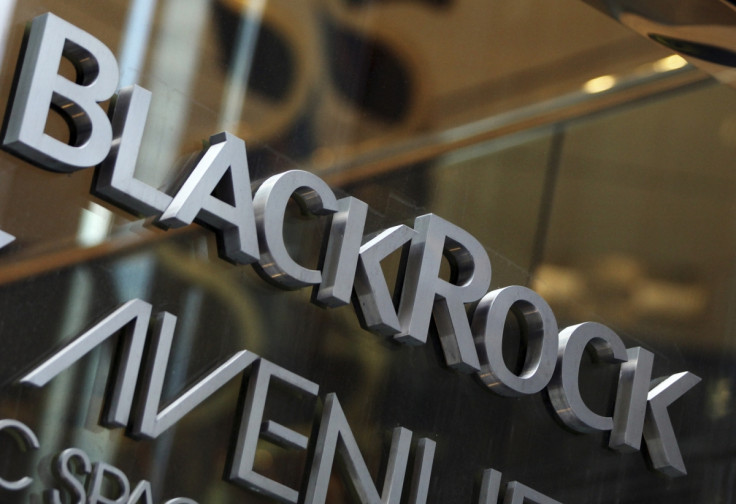BlackRock to buy Bank of America's $87bn money-market fund business

US asset managing giant BlackRock has agreed to purchase Bank of America's (BAC) $87bn (£56.4, €80bn) money-market fund business. The deal, expected to close in the first half of next year, will increase BlackRock's cash-management platform to more than $370bn of assets under management.
Bank of America spokeswoman Susan McCabe said the deal was in line with BAC's ongoing efforts to simplify its business which in this instance is "by outsourcing certain product manufacturing functions to an industry leader". The transaction which comes at a time when banks are struggling with low interest rates and changing regulations marks the end of BAC's business in the space of managing assets for large institutional clients.
According to the deal, BlackRock will manage various assets such as money-market funds and separate accounts apart from other cash-management products while BAC will continue to be in charge of distribution.
The industry is expected to face expensive regulations from next year, that require prime funds to abandon their fixed $1 share price and float in value like other mutual funds. Tom Callahan, co-head of global cash management at BlackRock said: "It's an environment that makes scale absolutely essential. It favours scale players."
BlackRock is already the world's largest money manager with $4.5tn in assets. It manages mutual funds, exchange-traded funds, and private equity pools apart from other investment products. The deal would further place the company "in a unique competitive position", Callahan said.
Acquisition of Merrill Lynch's business
This is not BlackRock's first acquisition in this space. In 2006, it acquired Merrill Lynch's investment management business. Also as recent as August of this year, it agreed to acquire FutureAdvisor, a company that manages clients' investments based on computer algorithms.
This is also not the first time that BAC is selling off a part of its funds business. In 2010, it sold most of its stock and bond mutual fund business to Ameriprise Financial for about $1bn.
The money-market funds business invests in relatively low-risk corporate and government debt which can be paid back within weeks or even a few days. The growth of this business, however, has been restricted because of US interest rates hovering near zero. According to industry research service, Crane Data, M&A activity has reduced the number of players in the industry from 75 in the United States last summer to 67 this year. "Everybody has been talking about consolidation for years, but it really didn't happen until today," said Crane.
© Copyright IBTimes 2025. All rights reserved.





















